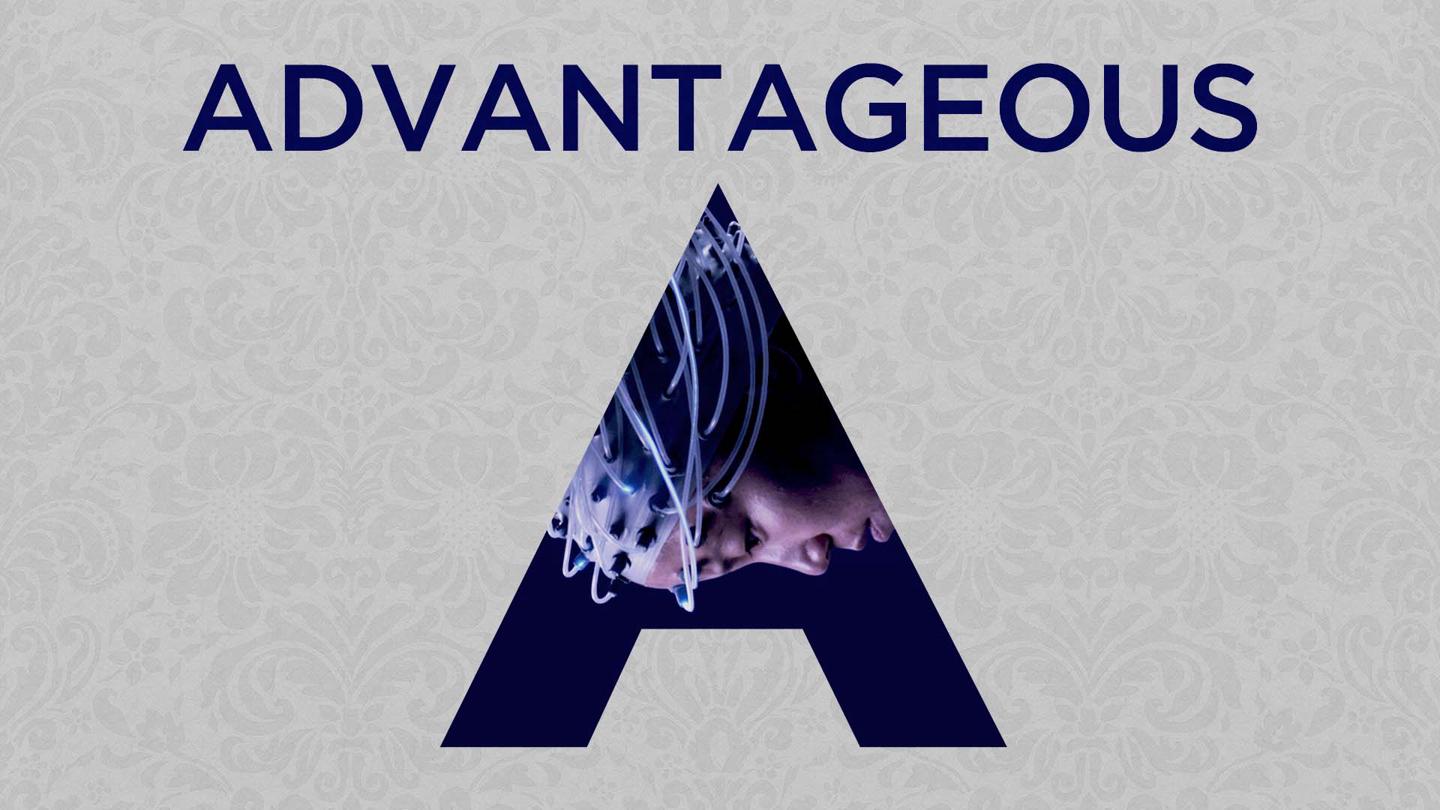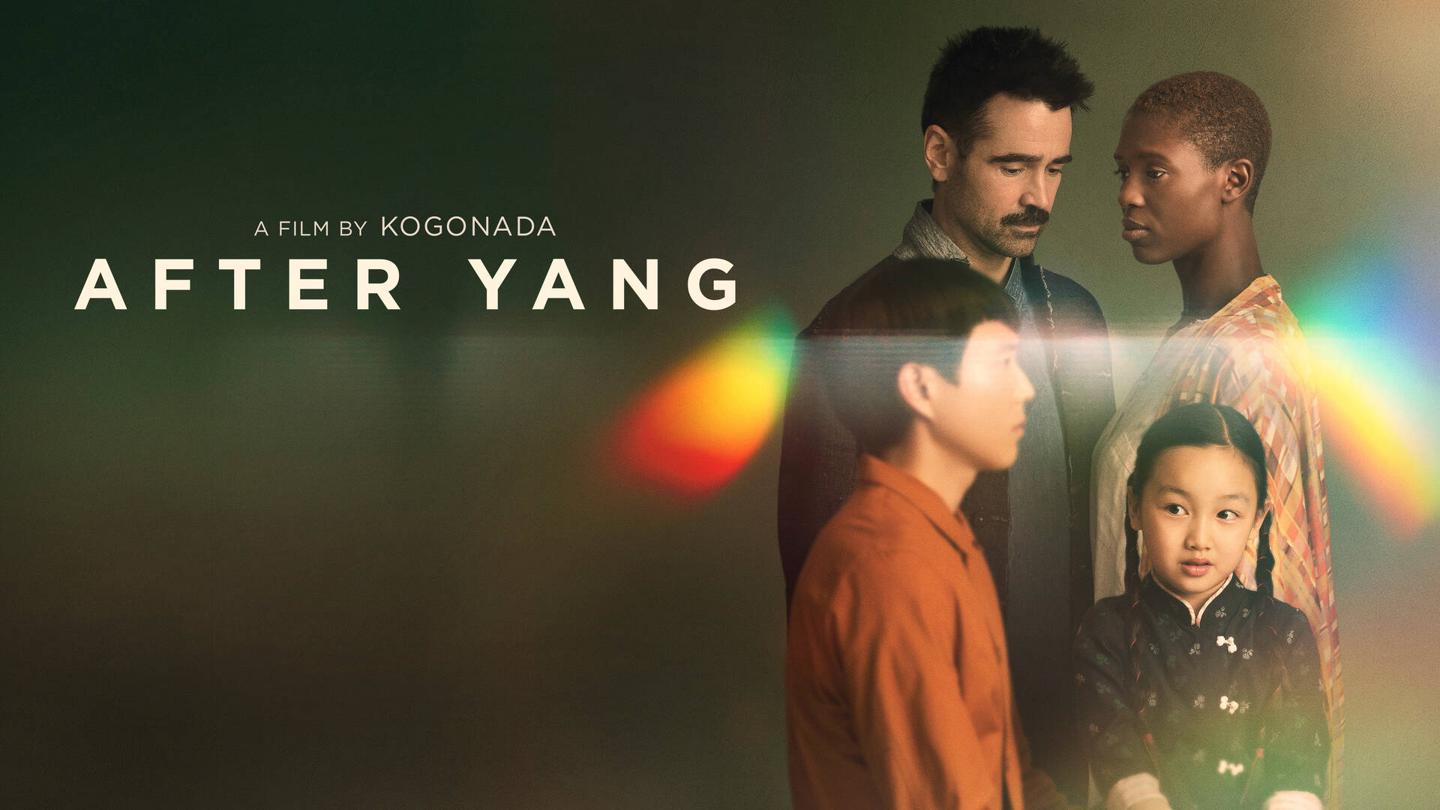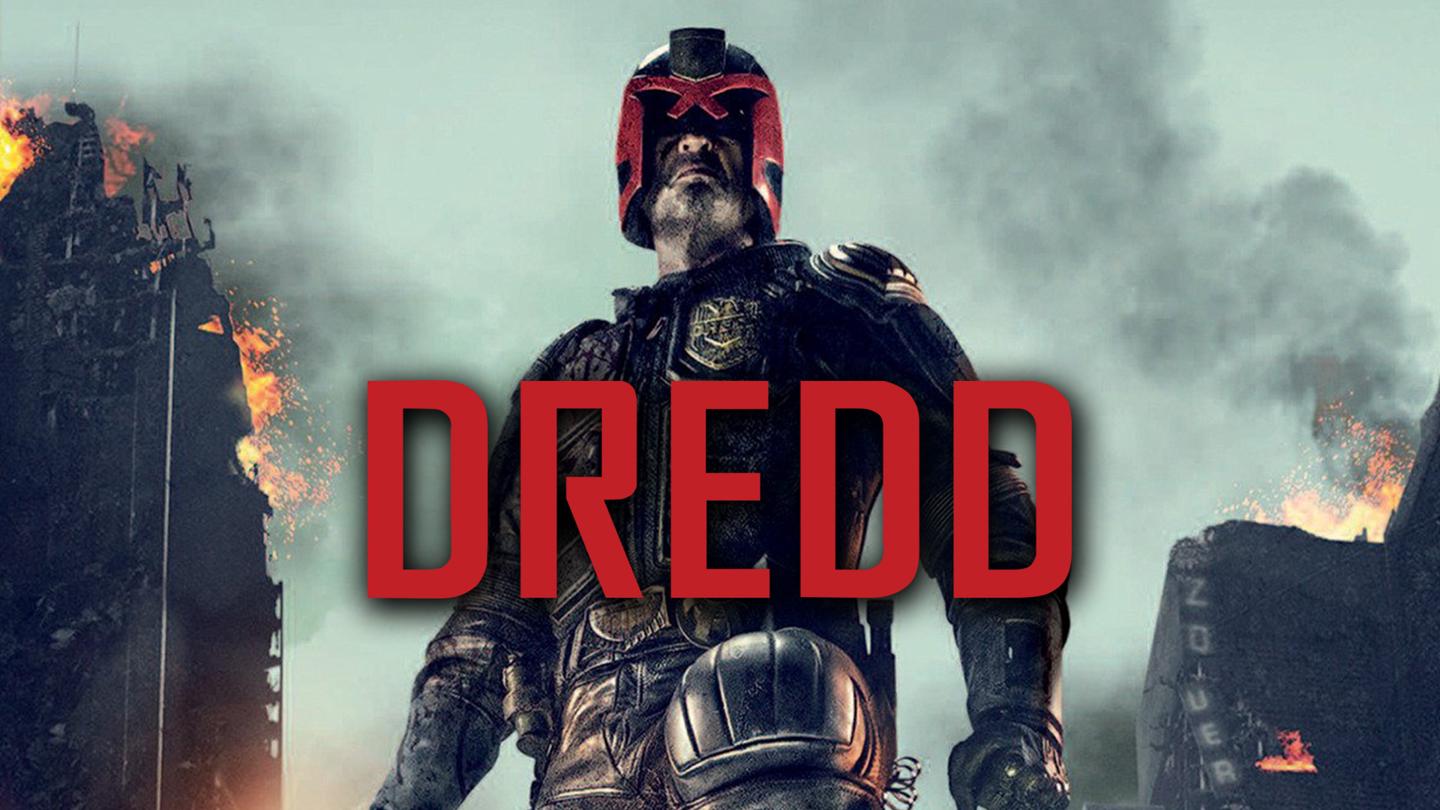
Quick Info
If someone pitched Another Earth to me on paper—a twin planet appears in Earth’s sky and quietly hangs there, inviting as many metaphors as you’d like—I would’ve expected big, sci-fi set pieces and at least one global panic. Instead, the 2011 indie takes a left turn and delivers a deeply personal kind of science fiction, less about stats and ships than about human connection and forgiveness. It’s an arresting, sometimes melancholy drama hiding out in the shell of a sci-fi premise, and that bait-and-switch mostly works in its favor.
The film’s big hook, that mysterious mirror Earth, is treated with almost eerie restraint. You hear about it on the news and see it looming overhead, always present, always haunting. But director Mike Cahill is far less interested in the logistics than the possibilities, using the concept as a distant echo for the characters’ regrets and desires. The idea that a version of you might not have made your mistakes is a potent thread that quietly weaves through the entire story. It's understated in a way that won't work for everyone, but if you like your sci-fi quietly unsettling, it digs in deeper than its budget might suggest.
What really gives the film its power is Brit Marling, who co-wrote the script and plays Rhoda. She’s quietly exceptional, carrying the weight of guilt and remorse in every line and glance. There’s a softness to her that makes Rhoda’s more questionable choices survivable and even understandable. The movie asks a real question, intentionally uncomfortable: what do you do after you’ve destroyed your own life and someone else's? Her interactions with William Mapother’s character have a raw, anxious energy that kept me chewing on the film's morality long after it was over.
The relationship that forms at the heart of the film is messy and complicated—exactly what this story needs. It would’ve been easy for the script to lie to us or pander. Instead, it sits in the awkwardness of trauma and lets the silence do the heavy lifting. I found the pacing to be languid, honestly to the point of frustration in the middle third, but this quiet observation pays off emotionally by the time the credits roll.
Where Another Earth stumbles is sometimes in trying to do too much with too little. The microbudget makes itself known in certain awkward edits and occasionally flat sound design. I was left curious what a more experienced director (or a little more cash) might have done with such a big idea. There’s a murky, washed-out look to many scenes, partly by design but also edging toward bland. It’s fitting for the somber tone, but it’s hard not to wish for a little more visual audacity.
I appreciate that the film trusts the viewer to handle ambiguity. There are moments where it feels like a dream, surfacing through memory and regret rather than giving you a standard beginning-middle-end. That works if you like staring out the window and thinking about your own "what ifs," but I know it will drive plot-hounds and adrenaline junkies up the wall. For better or worse, the sci-fi is never the focus; it just hovers, literal and metaphorical, overhead.
One memorable scene that stuck with me: Rhoda, alone in a high school classroom, scratching away at the chalkboard. No dialogue, just silence and burden. The film has a knack for leaving space, letting characters just be, which is rare in science fiction and all the more haunting for it. If you tune in for explosions, you’ll be let down. But much like Solaris or the quieter moments in Arrival, it asks. What would reconciliation really look like, if the universe gave you a do-over? Would you take it, or would you still just be yourself, flaws and all?
In the end, I admire Another Earth more than I outright love it. It’s a film that asks questions and leaves most of the answers for you to wrestle with in bed later that night. For every beat that feels a touch too indie-precious or a little visually drab, there’s a moment of unexpected honesty that got under my skin. The finale is a gut-punch, the sort of ambiguous ending that’ll split a room, but it earned it. This is sci-fi for people who bring their own baggage to the theater.
The R8 Take
Quiet, moody, and more soulful than spectacular. Watch it if you liked films like Coherence or Primer, but be ready for something that trades spectacle for a gut-check.



